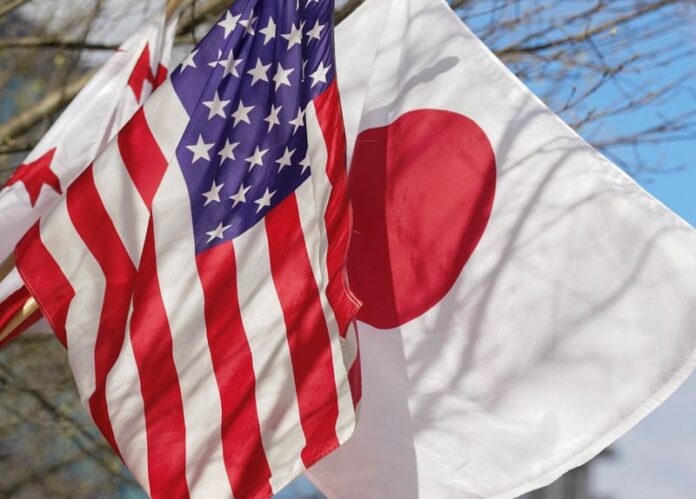Japan has indicated that it will evaluate incoming United States investments under the latest bilateral trade agreement based on whether they serve Tokyo’s economic and strategic interests.
This position was clarified as both countries prepare to deepen trade ties following recent high-level negotiations aimed at balancing access and national priorities.
The trade deal, expected to open more sectors to American companies, particularly in energy, digital infrastructure, and advanced manufacturing, is being approached with caution by Japanese policymakers.
Officials emphasized that while Japan remains open to mutually beneficial economic cooperation, foreign investment will not be welcomed indiscriminately. Each proposal will be weighed against its contribution to domestic innovation, security, job creation, and long-term industrial competitiveness.
This marks a subtle shift from earlier years when foreign investment was broadly encouraged as part of structural economic reforms. Now, with rising geopolitical uncertainty and growing concerns about technology transfer, supply chain security, and national resilience, Japan is taking a more selective stance.
Ministries involved in trade and industry have reportedly created a framework to assess large-scale investments, especially in critical areas such as semiconductors, artificial intelligence, and clean energy.
The trade agreement itself, though hailed as a milestone in economic diplomacy, remains under scrutiny from Japan’s business community and lawmakers. There are questions over whether the concessions granted in market access, especially in agriculture and healthcare data services, are balanced by sufficient gains in other high-value sectors.
Tokyo is expected to push for stronger safeguards in future implementation talks to prevent potential exploitation or disproportionate benefits favoring US firms.
Meanwhile, American businesses are keen to expand their footprint in Japan, citing its stable economy, skilled workforce, and robust regulatory environment.
However, the new Japanese posture suggests that future investments will require a demonstrable commitment to local value creation.
The development reflects a broader global trend of nations reasserting economic sovereignty amid intensifying trade competition. For Japan, aligning investment flows with national objectives may help it secure strategic autonomy while maintaining strong alliances.
The coming months will test whether this balanced approach can preserve trust while ensuring tangible returns for both partners.
Written By Ian Maleve



















